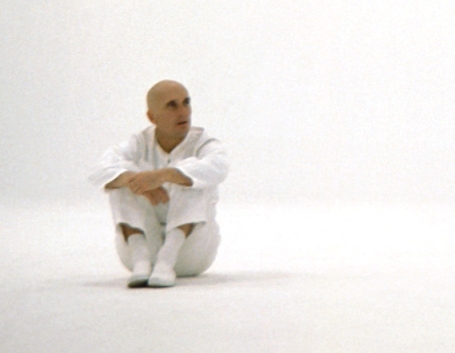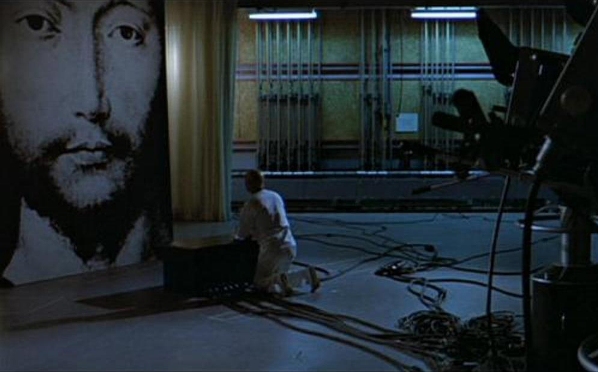
THE SARAGOSSA MANUSCRIPT
~ Rekopis znaleziony w Saragossie ~
Zbigniew Cybulski / Iga Cembrzyńska / Elżbieta Czyżewska / Gustaw Holoubek / Stanislaw Igar / Joanna Jędryka / Janusz Klosinski / Bogumił Kobiela / Barbara Krafftówna / Jadwiga Krawczyk / Slawomir Lindner / Krzysztof Litwin / Miroslawa Lombardo / Jan Machulski / Zdzislaw Maklakiewicz / Leon Niemczyk / Franciszek Pieczka / Beata Tyszkiewicz / Kazimierz Opalinski / Adam Pawlikowski / From the novel by Jan Potocki / Screenplay by Tadeusz Kwiatkowski / Soundtrack Krzysztof Penderecki / Editor Krystyna Komosińska / Directed by Wojciech Has
When Christopher Nolan took us spiralling down multiple layers of dreams within dreams with ‘Inception’, he knew from the outset that beneath the bottom-most strata, another had already trod that path.. and gone further still. It is perhaps rather apt that The Saragossa Manuscript has managed to remain such a well kept secret over the years. Even with the enthusiastic aid of such bigwig cinemeisters as Scorsese & F.F.Coppola, who battled to get a restoration and DVD transfer (on the somewhat amusingly titled ‘Mr Bongo’ films label), mentioning The Manuscript still generally get’s a shrug in response. Explaining the plot in a succinct sentence or two is pretty difficult, I’ll give you.. and in most of our minds black & white Polish cinema is bundled up with a certain breed of depressive foreign language film that frightens the hell out of English speaking audiences. Which is a crying shame, because in every way it is an equal to it’s contemporaries that sprung from France, Italy and Britain during the 1960’s New Wave. It manages to be both accurate period drama piece, and voice of the modern morality in state of flux. Sinister and dark.. but comical and ironic in equal turn.
At the risk of adding to The Manuscript’s obscurity, I don’t feel right in unlocking it’s pages, or plundering it’s beautiful complexities. Like a much loved holiday spot, or a favourite painting in a gallery.. some pleasures need be discovered alone. I’ll just give a nudge in the right direction. Quickly, the great beauty Elżbieta Czyżewska has already started her story..

‘Frasquita told her story to Busqueros, he told it to Lopez Suarez, who in turn told it to Señor Avadoro. It’s enough to drive a man crazy.’

‘All these adventures begin simply. The listener thinks it will soon be over, but one story creates another, and then another still.’

‘Something like quotients, which can be divided infinitely.’

‘I’m a Captain of the guard, not a philosopher.
Your maths is just dead numbers.’

‘Señor, this zero, plus one, minus one, gave Archimedes and Newton power equal to the Gods.’

‘Very noble men, but what’s the point of it?’

‘We are like blind men lost in the streets of a big city. The streets lead to a goal, but we often return to the same places to get to where we want to be.. I can see a few little streets here, which, as it is now, are going nowhere. New combinations have to be arranged, then the whole will become clear.. because, one cannot invent something that another cannot solve.’

‘I no longer follow.’

‘Then, let’s keep listening..’

…………………………………………………..
**
****
**






